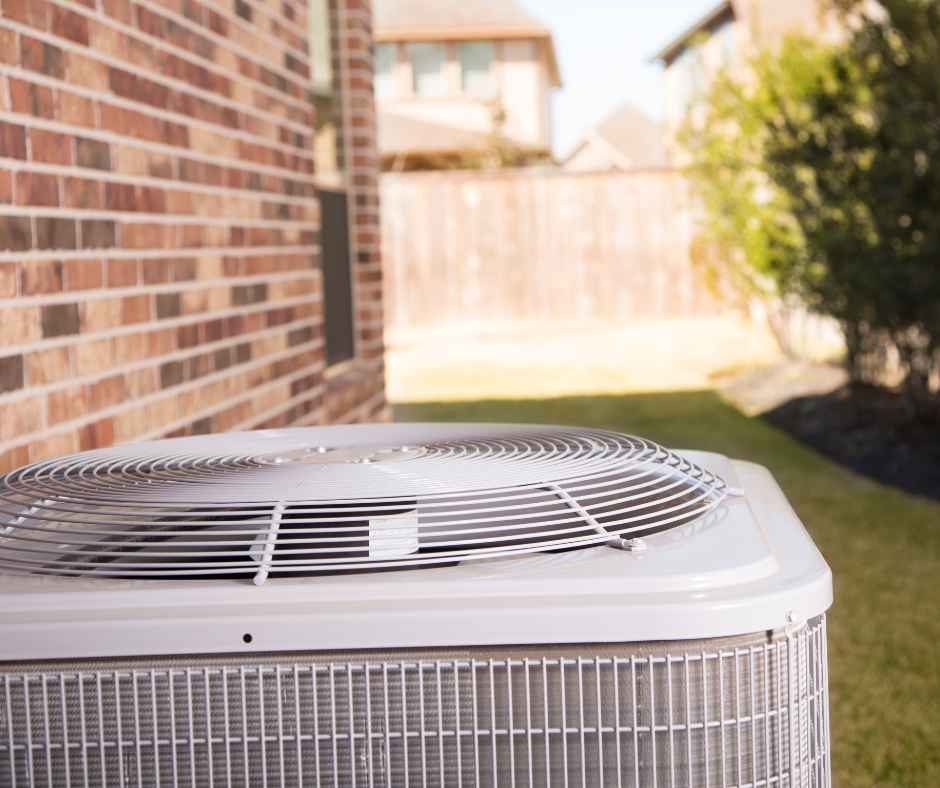Serving Douglas County & The Surrounding Areas
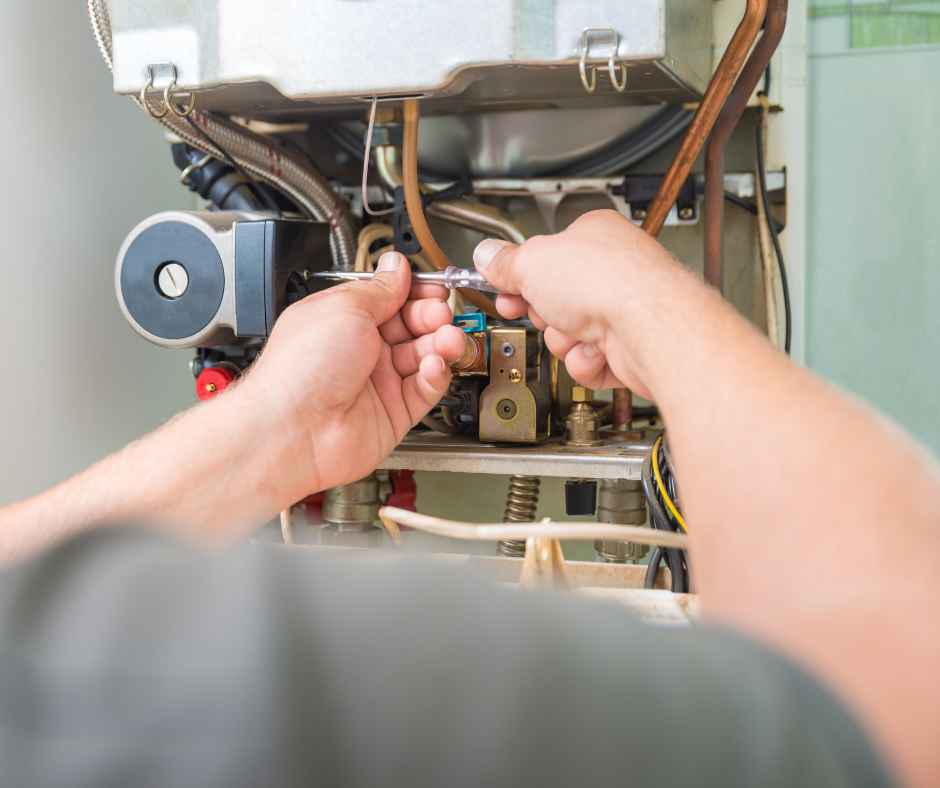
Emergency Heating Repairs: What to Do If Your Furnace Fails During a Colorado Snowstorm
When a snowstorm hits Colorado, your home’s furnace becomes more than a source of comfort. It is essential for your family’s safety and well-being. A sudden furnace failure during freezing temperatures can quickly make your home unsafe, especially if repairs are delayed. Knowing what to do and who to call can help you stay warm and protected.
During extreme cold, heating systems work harder than usual. Older furnaces, lack of maintenance, or hidden mechanical issues can cause breakdowns when demand for heat is highest. What might have been a small issue earlier in the season can suddenly become a complete system failure.
Patriot Pros is dedicated to helping Colorado homeowners handle these situations safely and effectively. When your heating system stops working, the most important step is to act quickly and rely on trained professionals rather than attempting repairs on your own.
In this blog, we’ll explain why furnaces often fail during severe Colorado weather, how professional technicians respond to emergency heating calls, and what steps you can take to prevent future problems before they start.
Why Furnace Failures Are Common During Colorado Winters
Colorado’s winter weather can be unpredictable, with sudden temperature drops, heavy snowfall, and long stretches of freezing air. These harsh conditions put extra stress on home heating systems, often leading to furnace failures when they are needed most. Understanding why breakdowns happen can help homeowners recognize the importance of regular maintenance and quick professional service.
1. Extreme Cold Increases System Demand
When temperatures stay below freezing, furnaces must run longer and more frequently to keep homes warm. This constant demand can strain aging parts, cause motors to overheat, and lead to component failure.
2. Clogged Filters and Restricted Airflow
During the winter, homes are sealed tightly to keep warm air inside. Without proper ventilation, dust and debris build up faster. A clogged air filter reduces airflow, forcing the furnace to work harder and increasing the risk of overheating or shutdown.
3. Electrical or Thermostat Issues
Power surges or wiring problems can interfere with thermostat communication, preventing the furnace from turning on or cycling correctly. In areas affected by snow or ice, temporary power interruptions can also trigger furnace malfunctions.
4. Frozen or Blocked Exhaust Vents
Heavy snowfall and ice accumulation can block exterior vents, preventing combustion gases from escaping. Modern furnaces automatically shut down when this happens as a safety measure, leaving the home without heat until the blockage is cleared.
Regular inspections before and during winter can help prevent many of these issues. With professional maintenance from Patriot Pros, your heating system can handle the demands of Colorado’s coldest months safely and efficiently.
Signs Your Furnace Is About to Fail
A furnace usually gives clear warning signs before it stops working entirely. Paying attention to these clues can help you schedule a professional repair before your home loses heat during a Colorado snowstorm.
Here are some of the most common signs your furnace may be on the verge of failure:
- Uneven Heating or Cold Spots: Some rooms stay cold while others are warm, which can signal duct blockages, blower motor issues, or declining furnace performance.
- Unusual Noises: Banging, rattling, or squealing sounds often mean parts inside the furnace are loose, worn, or misaligned. These noises should never be ignored.
- Short Cycling or Constant Running: If the furnace turns on and off frequently or runs nonstop without reaching your desired temperature, it may have airflow or sensor problems.
- Higher Energy Bills: Rising utility costs without a change in use often point to reduced efficiency caused by internal wear or dirty filters.
- Yellow or Flickering Pilot Flame: A healthy pilot flame should burn steady and blue. A yellow or flickering flame can indicate ventilation or carbon monoxide issues and requires immediate professional attention.
If you notice any of these signs, contact Patriot Pros right away. Their licensed HVAC technicians can inspect your system, identify the cause, and restore safe, reliable heating before a complete breakdown occurs.
What to Do Immediately If Your Furnace Stops Working
When your furnace stops working during a Colorado snowstorm, the situation can feel urgent. Staying calm and taking the right steps will help you protect your family, preserve warmth, and get professional help as quickly as possible.
Here’s what to do right away:
- Check Your Thermostat and Power: Ensure your thermostat is set to “heat” and the temperature is above the current room level. Verify that the furnace switch is on and that no circuit breakers have tripped. If the system still won’t start, avoid further troubleshooting and call a professional.
- Keep Heat Inside Your Home: Close doors and windows to retain warmth. Shut off unused rooms to focus heat where your family spends the most time. Add layers of clothing and blankets while waiting for repairs.
- Avoid Unsafe Heating Methods: Never use ovens, stoves, or outdoor grills to heat your home. These can release carbon monoxide or start a fire. Use only approved electric space heaters or blankets for temporary warmth.
- Call for Professional Emergency Service: Patriot Pros offers emergency furnace repair. Our certified technicians can respond quickly, even during severe weather. When calling, mention any unusual noises, odors, or performance issues to help the team prepare for your service visit.
Taking these steps ensures your safety and helps professionals restore heat faster. Acting quickly can also prevent frozen pipes and other damage that can occur when indoor temperatures drop too low.
How Professional HVAC Technicians Handle Emergency Repairs
When your furnace fails during a Colorado snowstorm, professional technicians follow a precise process to restore heat quickly and safely. The goal is to diagnose the issue accurately, prevent further damage, and get your system running as soon as possible.
Here is what homeowners can expect during an emergency heating repair from Patriot Pros:
- Rapid Response and Safety Assessment: Technicians arrive prepared for severe weather conditions and begin by checking for immediate safety risks such as gas leaks, carbon monoxide exposure, or electrical hazards.
- Detailed System Inspection: The furnace and connected components are inspected to identify the cause of failure. This may include checking the blower motor, ignition system, thermostat, or electrical connections.
- Diagnostic Testing: Technicians use specialized tools to measure airflow, temperature, and system pressure. These tests help pinpoint faulty parts or blockages that prevent the furnace from operating correctly.
- Efficient Repairs or Replacement Parts: Once the issue is identified, repairs are performed on the spot whenever possible. If a replacement part is needed, technicians can often provide a temporary solution to restore limited heating until the full repair is completed.
- System Restart and Verification: After the repair, the technician tests the system to confirm safe and reliable operation. They also check that airflow and temperature settings meet manufacturer standards.
- Homeowner Guidance and Prevention Tips: Before leaving, the technician reviews what caused the failure and explains preventive steps to reduce the risk of future breakdowns during extreme cold.
With Patriot Pros’ experienced team on the job, homeowners can count on fast, dependable heating repair even in the harshest Colorado winter conditions.
Preventing Furnace Breakdowns in Harsh Winter Weather
Colorado winters can be unpredictable, but homeowners can take preventive steps to reduce the risk of losing heat when temperatures drop. Regular maintenance and professional care are the best ways to keep your system running safely and efficiently through the coldest months.
Here are some effective ways to help prevent furnace breakdowns during winter:
- Schedule Seasonal Furnace Maintenance: Have your furnace professionally inspected and tuned up at least once a year, ideally in the fall before the first major snowstorm. Routine maintenance helps technicians identify worn parts, dirty filters, or airflow issues before they cause a failure.
- Replace Air Filters Regularly: Dirty air filters make your furnace work harder, restricting airflow and increasing strain on the system. Replace or clean filters every one to three months, depending on usage and indoor air conditions.
- Keep Air Vents Clear: Blocked vents can cause uneven heating and system overheating. Make sure furniture, rugs, or drapes are not obstructing air vents and registers.
- Inspect Exhaust Vents and Outdoor Units: Snow and ice can block exterior vents, preventing proper exhaust and triggering system shutdowns. After heavy snowfall, clear the area around your furnace’s outdoor components to ensure safe airflow.
- Upgrade Older Systems Before Peak Season: If your furnace is more than 15 years old or has frequent issues, consider upgrading to a newer, more efficient model. Patriot Pros can recommend a system designed to handle Colorado’s demanding winter climate while improving energy efficiency.
With consistent care and expert maintenance from Patriot Pros, you can stay warm all season long and avoid the stress of an unexpected furnace failure.
Restore Warmth and Comfort with Trusted Professionals
A furnace failure during a Colorado snowstorm is more than an inconvenience. It can quickly become a serious safety issue for your family and your home. Acting fast and calling trusted professionals is the safest and most effective way to restore heat and comfort.
With decades of experience serving Colorado communities, Patriot Pros understands the urgency of heating emergencies. Their certified technicians are available day and night to diagnose problems, make fast repairs, and ensure your furnace operates safely and efficiently in even the harshest winter conditions.
Professional care also provides lasting protection. Routine maintenance and seasonal inspections can prevent unexpected breakdowns and keep your home prepared for whatever the Colorado weather brings next.
If your furnace fails or you suspect a problem, contact Patriot Pros right away. Our emergency heating specialists are ready to respond and restore warmth, safety, and peace of mind to your home.
Frequently Asked Questions About Emergency Furnace Repairs in Colorado
What should I do if my furnace stops working during a snowstorm?
Stay calm, check your thermostat and circuit breaker, and make sure your furnace switch is on. Keep your home insulated by closing doors and windows, then contact a licensed HVAC professional like Patriot Pros to safely inspect and repair your heating system.
How can I tell if my furnace is at risk of failing?
Warning signs include uneven heating, unusual noises, frequent cycling, higher energy bills, or a yellow pilot light. If you notice any of these, schedule an inspection before the issue worsens.
Why do furnaces break down more often in cold weather?
Extreme temperatures force your furnace to run longer and harder, which can expose existing wear or component failure. Regular maintenance and filter replacement help prevent overworking the system during peak demand.
How long does a professional furnace repair usually take?
Most repairs can be completed within a few hours, depending on the issue and whether replacement parts are needed. A professional technician will assess the situation and explain what is required before beginning repairs.
What can I do to prevent future furnace failures?
The best prevention is consistent maintenance. Schedule seasonal tune-ups, change filters regularly, and keep vents clear. These steps reduce strain on your system and extend its lifespan, keeping your home warm and reliable all winter.
Recent News
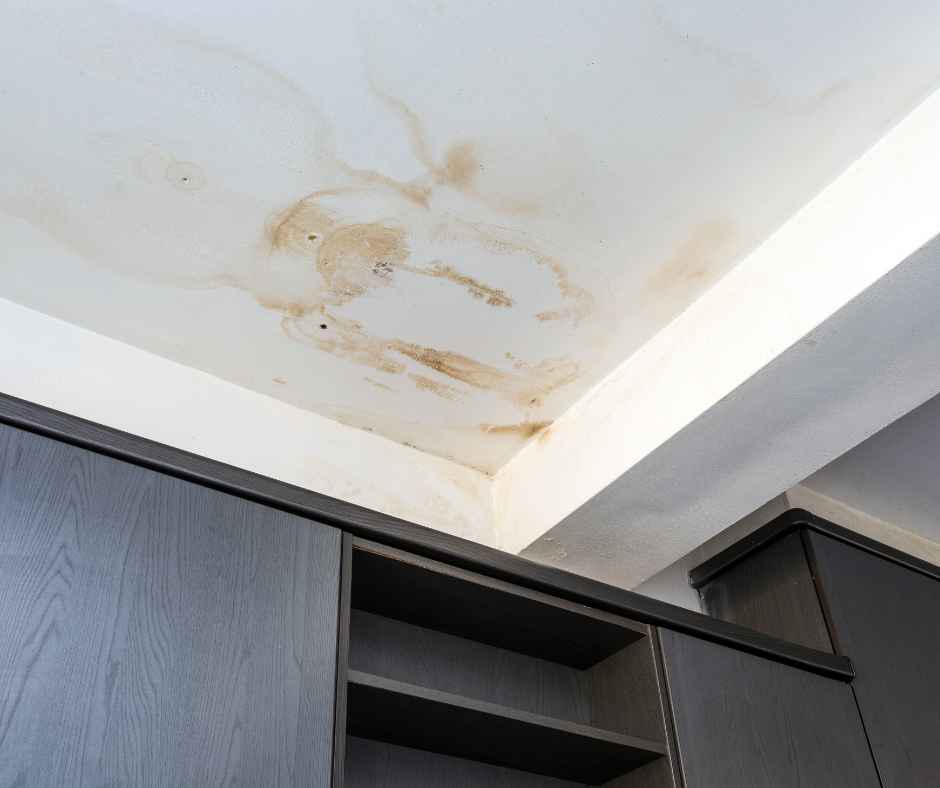
How to Spot a Hidden Water Leak in Your Colorado Home
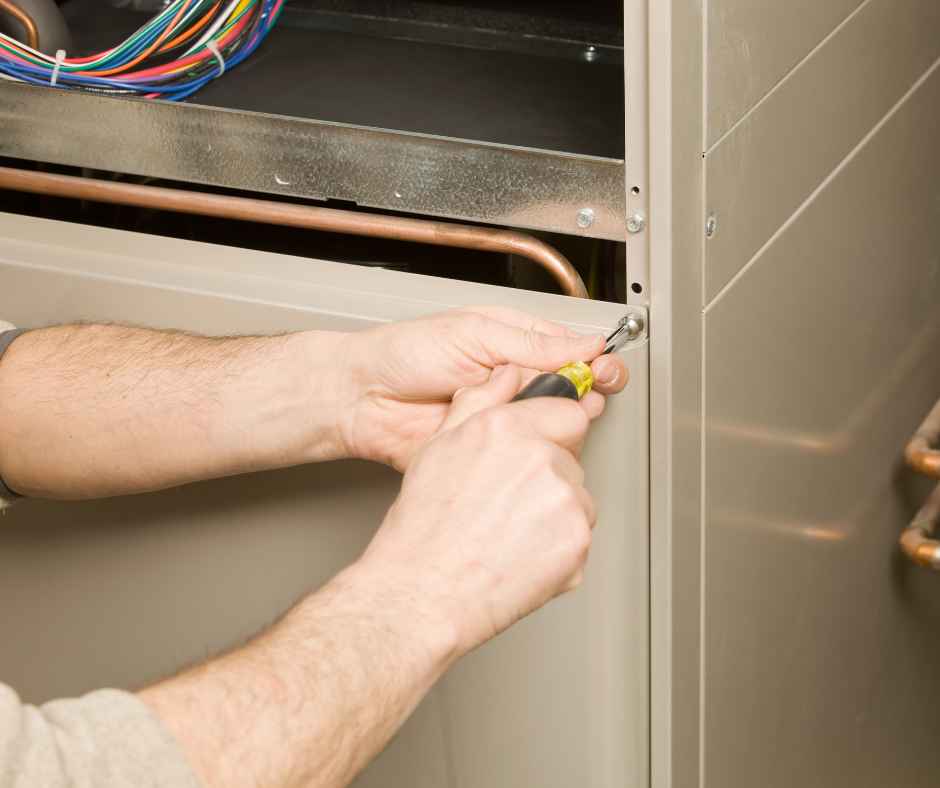
Navigating Colorado’s 2026 High-Efficiency Rules: What Front Range Homeowners Need to Know

Snow, Freeze & Thaw: How Colorado Winters Stress Your Plumbing
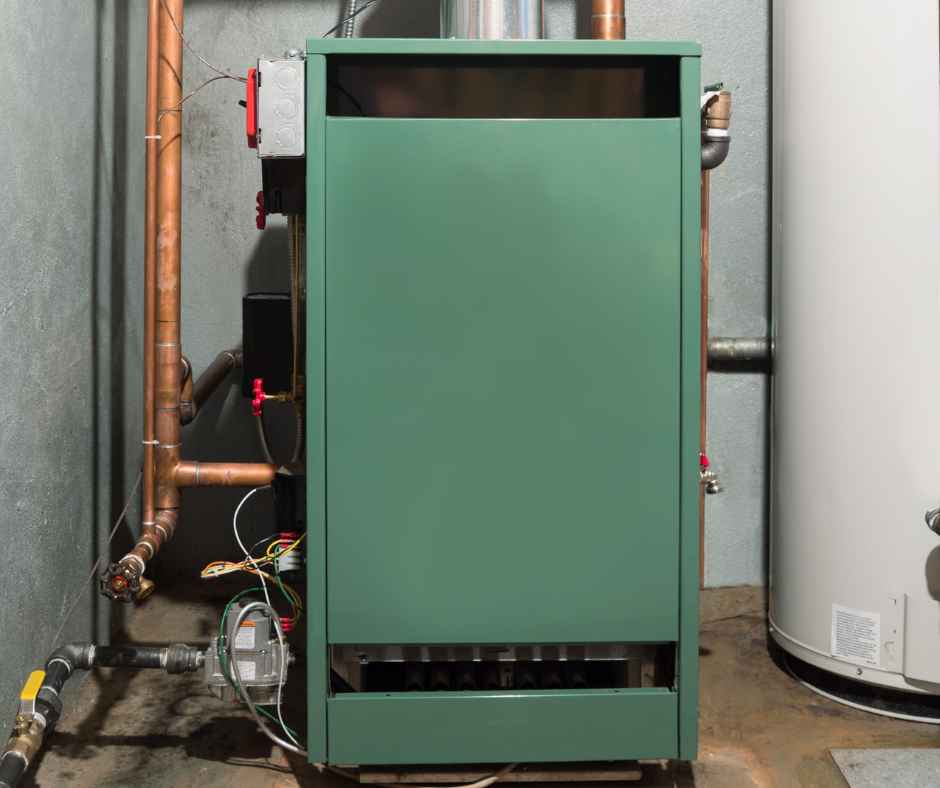
Comparing Heating Options for Colorado Homes: Furnace vs. Boiler vs. Heat Pump
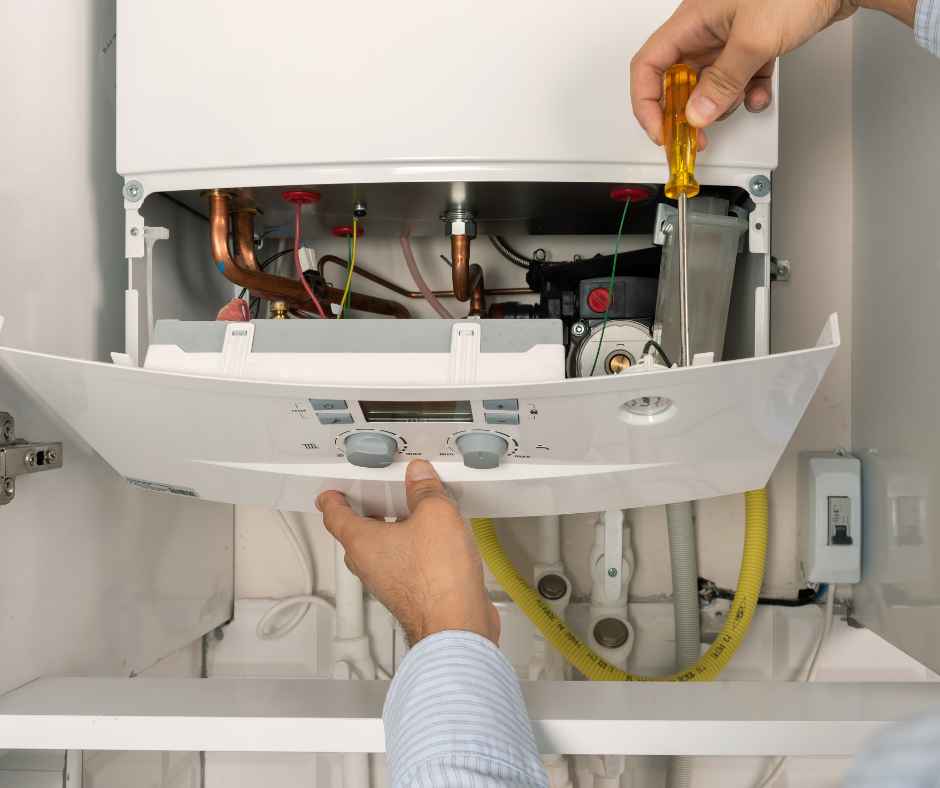
The Ultimate Fall & Winter Boiler & HVAC Maintenance Checklist for Castle Rock Homes
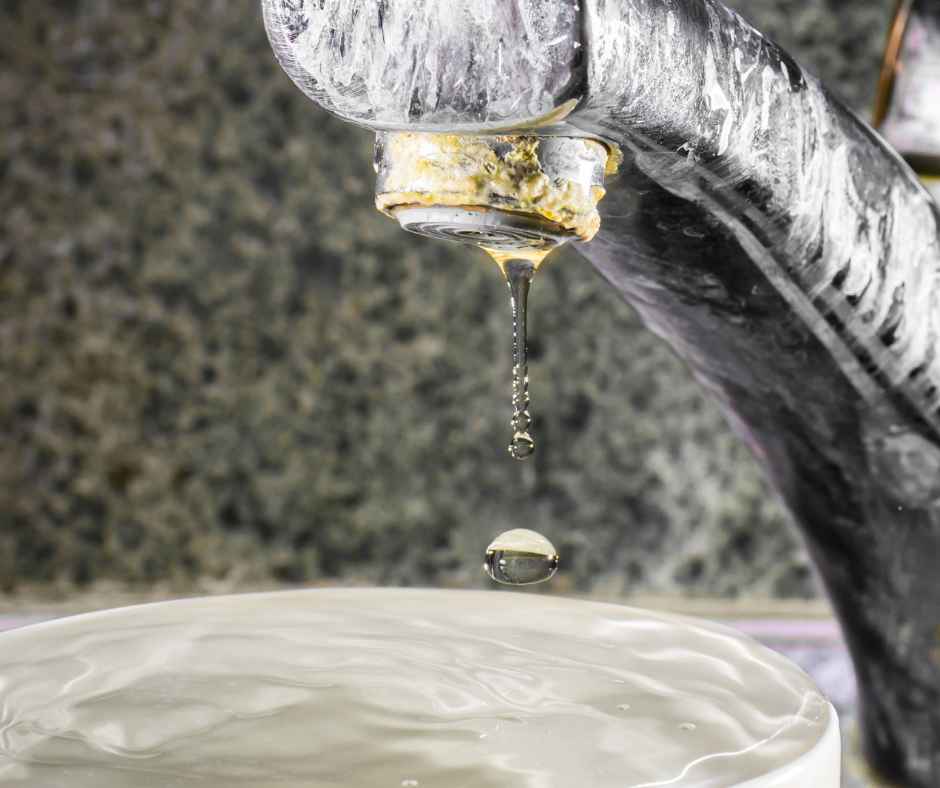
How to Choose the Right Water Filtration System for Colorado’s Hard Water
